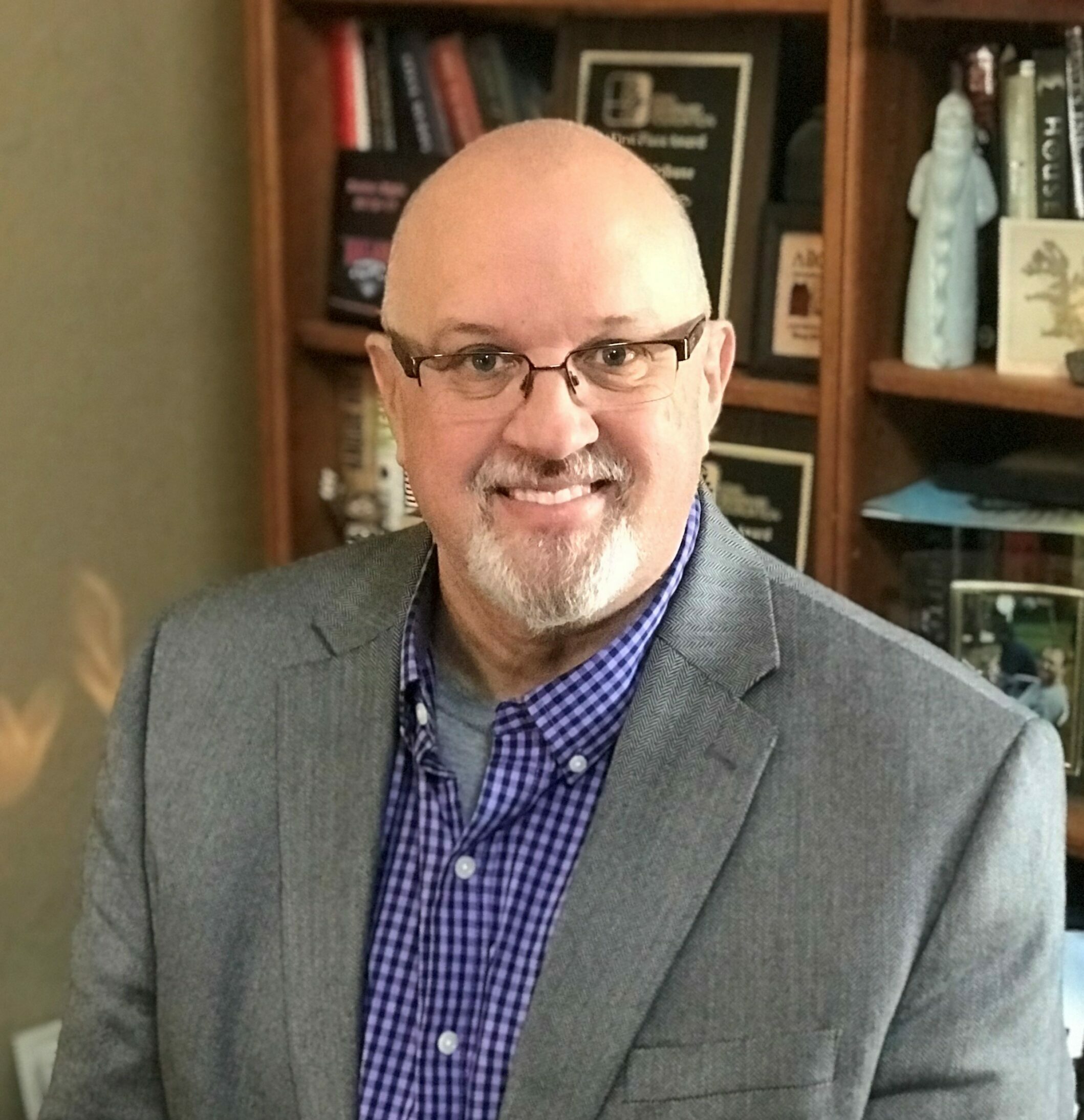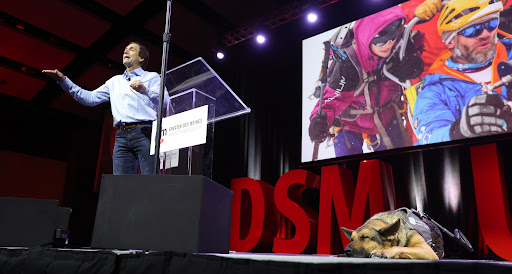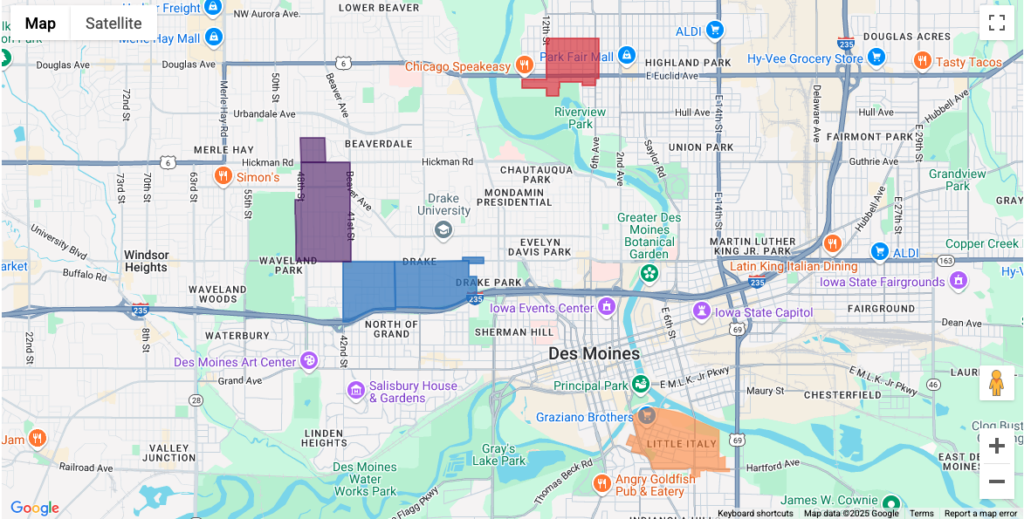NOTEBOOK: Be a climber: Weihenmayer challenges business leaders to break barriers

If you’re in a rut and need some inspiration, listen to Erik Weihenmayer.
Weihenmayer was the keynote speaker at the Greater Des Moines Partnership’s annual meeting on Jan. 26. He is the author of the New York Times bestseller “No Barriers,” a book about his adventures as a blind man kayaking through the Grand Canyon. He also was the first blind person to summit Mount Everest and went on to complete the Seven Summits, the highest points on each continent.
Wiehenmayer, 54, shared his message using a combination of storytelling that had the audience so captivated you could hear a pin drop, and video from his adventures and humor.
To say his message was inspiring may be an understatement. At the very least, you walked away looking at yourself a little differently in the mirror.
Weihenmayer shared stories of others who have overcome adversity to break through physical and emotional barriers to achieve their goals. He also shared his own story of how, when he was 14 years old, he went blind from a rare disease, retinoschisis.
“It felt like a storm that was descending upon me with such force, such viciousness, I thought I’d be crushed by it,” Weihenmayer said.
Although he was afraid to go blind, he said he was more afraid “that I’d be swept to the sidelines into that dark place. I’d be left there and forgotten. A life for nothing. A life that was meaningless.”
He talked about the need to acknowledge the struggles people encounter along the way to success, rather than celebrating the success itself.
“I think what doesn’t get talked about enough in my opinion is the struggle,” Weihenmayer said. “It’s been a struggle to live this life that I call [a] no-barriers life.”
He said it’s about “understanding the learning process, diving into this process of growth and change and transformation and then trying to illuminate what that map looks like that we’re trying to build to navigate our lives forward.”
“I wish the process was easy,” Weihenmayer said. “It’s not.”
He compared growth to a volcanic eruption.
“It’s tumultuous,” he said. “It’s red-hot magma exploding into the sky, annihilating everything in its path. But then, over time, it cools and it lays a second skin over the Earth and nourishes the soil and all life comes back blazing back even stronger.”
Weihanmayer said he found inspiration in Terry Fox, a Canadian runner who lost a leg to cancer and decided to run across Canada on a prosthetic leg in 1980.
“What do most people do when bad things happen? They curl up in a ball and protect, protect, protect the little they have left,” Weihenmayer said. “Terry seemed to understand that between the things that happen to you and the way you react … there is a space, and in that space there is choice. Terry chose to attack. Instead of allowing that tragedy to crush him, he converted it into something bigger. Darkness into vision, and he used it as energy to propel him [through] every faltering step along that road.”
It was a newsletter written in Braille that he received from a group that took blind children rock climbing that introduced Weihenmayer to the sport.
“I thought, ‘who would be stupid enough to take a blind kid rock climbing,’ so I signed up,” he said.
That was 37 years ago.
Weihenmayer shared with the audience lessons he’s learned along the way.
He spoke about three different types of people. The first are quitters, which Weihenmayer said was self-explanatory and he wouldn’t talk about them. The second are campers and the third group are climbers.
Campers, he said, are those people who started out climbing but then things got in the way, causing them to lose belief in themselves; they stagnated and they lost their life force.
Climbers are a rare group who “continue to figure out a way to grow and explore and evolve and challenge themselves every day of their lives till the day they die,” he said, encouraging those attending the meeting to choose to be climbers.
Weihenmayer also shared “positive pessimism,” which he said he learned from a friend and a member of his team, Chris Morris, whom he described as a “wild man from Alaska.”
Weihenmayer shared several examples of positive pessimism.
“You’re sitting in this horrible storm, the winds pounding you in the face, and Chris will look up with a big smile on his face and say something like, ‘Sure is cold out here, but at least it’s windy.’”
Or after reaching the 23,000-foot summit of Aconcagua in Argentina, Morris hugged Weihenmayer from behind and said, “‘You may be blind, but you sure are slow.”
“I wasn’t expecting that,” Weihenmayer said. “I said, ‘Chris, you’re not the nicest guy I’ve ever met, but at least you’re stupid.’”
“A little positive pessimism is a wonderful way to say it’s a hard road ahead, but we own it. It doesn’t matter how hard it gets,” Weihenmayer said.
He ended his presentation by remembering all those people who have inspired him by breaking through their own barriers to reach new heights. And his decision to kayak through Lava Falls in the Grand Canyon a second time after an unsuccessful first attempt.
The video of that second run played. Weihenmayer and his team shooting down the rapids, being flung up, down and sideways against the crushing waves, until the waters calmed. Another barrier broken.
“I thought maybe it’s the river that tells the story,” Weihenmayer said. “Maybe it’s these forces in life that tell the story, the events that change the course of history. Then I thought about the decisions we make that either propel you forward or they shove you to the sidelines. Then I thought about Terry Fox, these moments when you want to shrink, you want to flee. You take a deep breath, you lean in and you allow that light to blaze into the world.”
Looking for some motivation? Listen to Erik Weihenmayer.

Michael Crumb
Michael Crumb is a senior staff writer at Business Record. He covers real estate and development and transportation.









